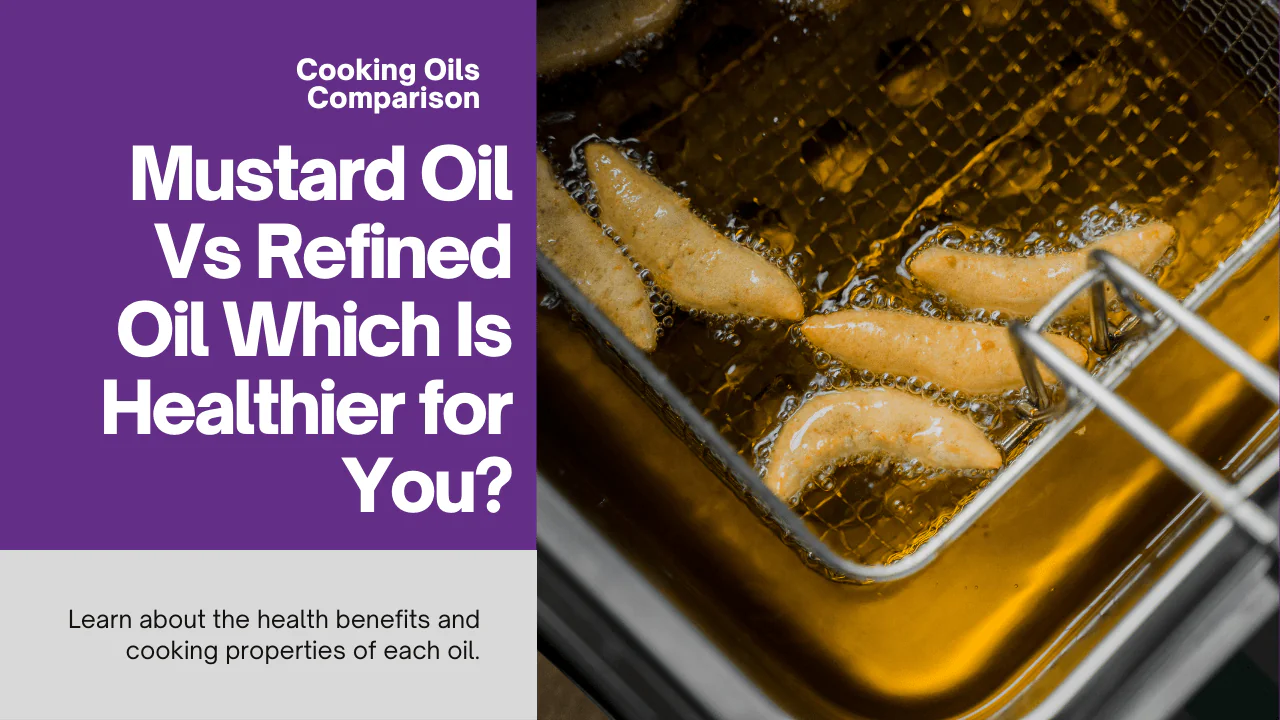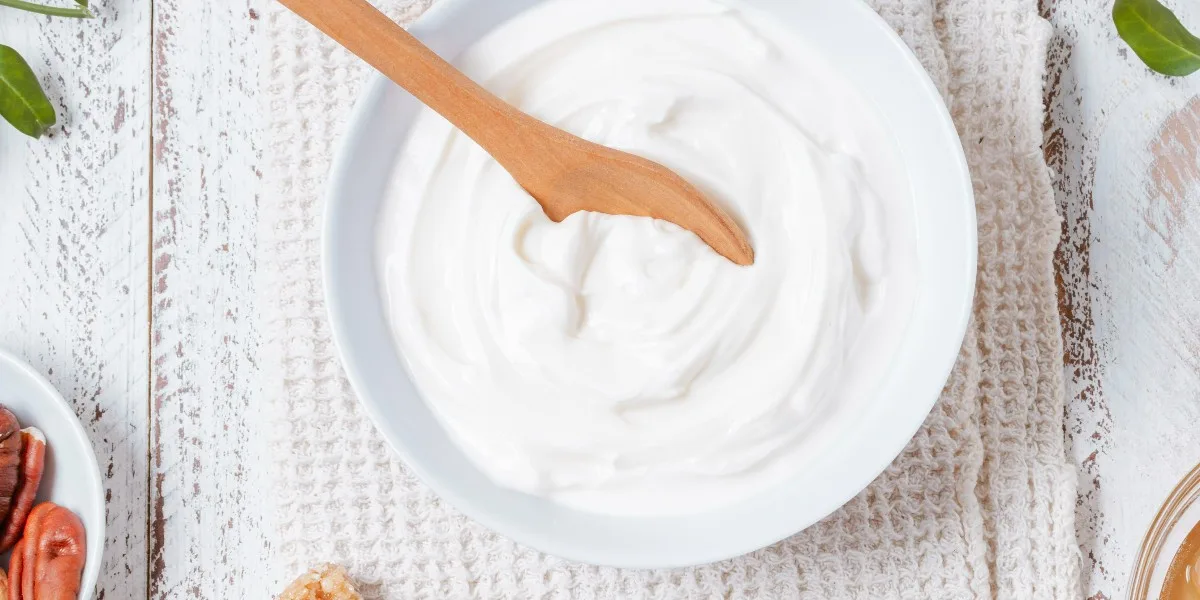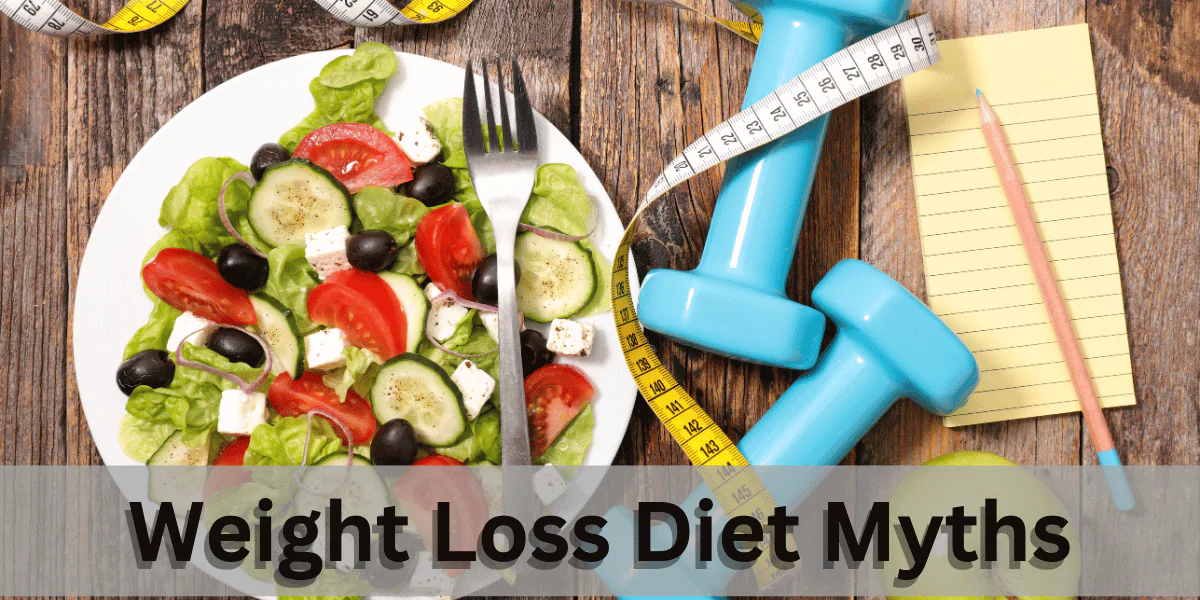Choosing the right cooking oil, such as Mustard Oil vs Refined Oil, is a significant health decision for many households across India. With local markets flooded with various types of refined oils, consumers are increasingly looking for healthier, more natural alternatives. One such alternative gaining attention is mustard oil. This article aims to provide a neutral, evidence-based comparison between refined oils and mustard oil, helping you make an informed decision for your kitchen.
What are Refined Oils?
Refined oils are oils that have been processed to remove impurities, odors, and flavors, resulting in a clear, light-colored oil. Common types in Indian markets include sunflower, soybean, and palm oil. The refining process involves bleaching, deodorizing, and sometimes, hydrogenation, which can alter the oil’s nutritional value and can strip away beneficial compounds.
Health Impacts of Refined Oils
Refined oils, due to their processing, often lack certain nutrients found in unrefined or less processed oils. The refining process can reduce the amount of beneficial antioxidants, vitamins, and unsaturated fats. Moreover, some refined oils are treated with chemicals or subjected to high temperatures that can form harmful trans fats, associated with increased risk of heart disease and other health issues.
What is Mustard Oil?
Mustard oil, extracted from the seeds of the mustard plant, is a staple in many Indian kitchens, particularly in the eastern and northern regions. It is known for its strong flavor, pungent aroma, and high smoke point, making it suitable for frying and sautéing. Mustard oil is rich in monounsaturated and polyunsaturated fats, which are beneficial for heart health.
Health Benefits of Mustard Oil
Mustard oil has been linked to several health benefits:
- Heart Health: High in alpha-linolenic acid, a type of omega-3 fatty acid, mustard oil may help in reducing the risk of heart diseases.
- Antibacterial and Antifungal Properties: Natural components in mustard oil, such as glucosinolates, have been shown to possess antibacterial and antifungal properties.
- Anti-inflammatory Effects: The oil contains compounds that may help reduce inflammation and ease joint pain. Compared to refined oils, mustard oil retains its natural nutrients, antioxidants, and vitamins, which contribute to these health benefits.
Cooking with Mustard Oil vs. Refined Oils
From a health perspective, choosing the right cooking oil can significantly impact your diet. Mustard oil, known for its distinct, pungent taste and high smoke point, is not just ideal for deep-frying and stir-frying but also offers nutritional benefits. It is rich in monounsaturated and polyunsaturated fats, contributing to better heart health. In contrast, refined oils, while more neutral in taste and versatile in cooking, often lack essential nutrients due to the refining process. They may also contain trans fats, which are harmful to heart health. When selecting an oil for your dishes, it’s crucial to balance flavor with health benefits, opting for oils that support your overall well-being.
Conclusion
In deciding between refined oils and mustard oil, prioritize health effects alongside cooking needs. Mustard oil provides notable health benefits, especially for heart health and reducing inflammation, due to its rich content of beneficial fats. On the other hand, while refined oils may be more adaptable in taste and suitable for a variety of recipes, they often lack these healthful properties and may contain unhealthy fats. By weighing these health advantages against culinary preferences, you can make a well-informed decision that best supports your dietary needs and culinary desires.
FAQs
Q1: Can mustard oil be used in all types of cooking?
Mustard oil has a strong flavor that may not be suitable for all types of dishes. It is best used in Indian, Bengali, and North-Eastern cuisines where its pungent taste complements the food. For baking or dishes requiring a neutral flavor, refined oils might be more appropriate.
Q2: Is mustard oil safe for everyone to consume?
While mustard oil is widely used in many households, it contains erucic acid, which has been linked to health concerns in large amounts. However, the amount present in mustard oil is generally considered safe for regular consumption in food. People with specific health conditions should consult a healthcare professional before making it a significant part of their diet.
Q3: How should mustard oil be stored for maximum freshness?
Mustard oil should be stored in a cool, dark place to prevent it from becoming rancid. It’s best kept in an airtight container away from direct sunlight. Proper storage can help preserve its flavor and nutritional value.
Q4: Are there any side effects of switching from refined oils to mustard oil?
Switching oils can sometimes result in digestive discomfort as the body adjusts to the new fat type. Start with small amounts and gradually increase the usage to allow your body to adapt.
Q5: Can mustard oil help in skin and hair care?
Yes, mustard oil is often used in traditional remedies for skin and hair care due to its antibacterial, antifungal, and anti-inflammatory properties. It is believed to promote skin health and hair growth when applied topically.
Q6: How does the cost of mustard oil compare to refined oils?
The cost can vary based on region and availability. Generally, mustard oil can be more expensive than some refined oils due to its extraction process and nutritional benefits. However, prices fluctuate based on market conditions.
We hope this article helps clarify the differences between refined oils and mustard oil, aiding you in making a healthier choice for your family.
Read also : Ten Indian Kitchen Foods to Lower Cholesterol
Disclaimer : The information provided on this website/document is not a substitute for professional medical advice, diagnosis, or treatment. If you have any questions or concerns about your health, please consult with a licensed physician or other qualified healthcare provider.



















